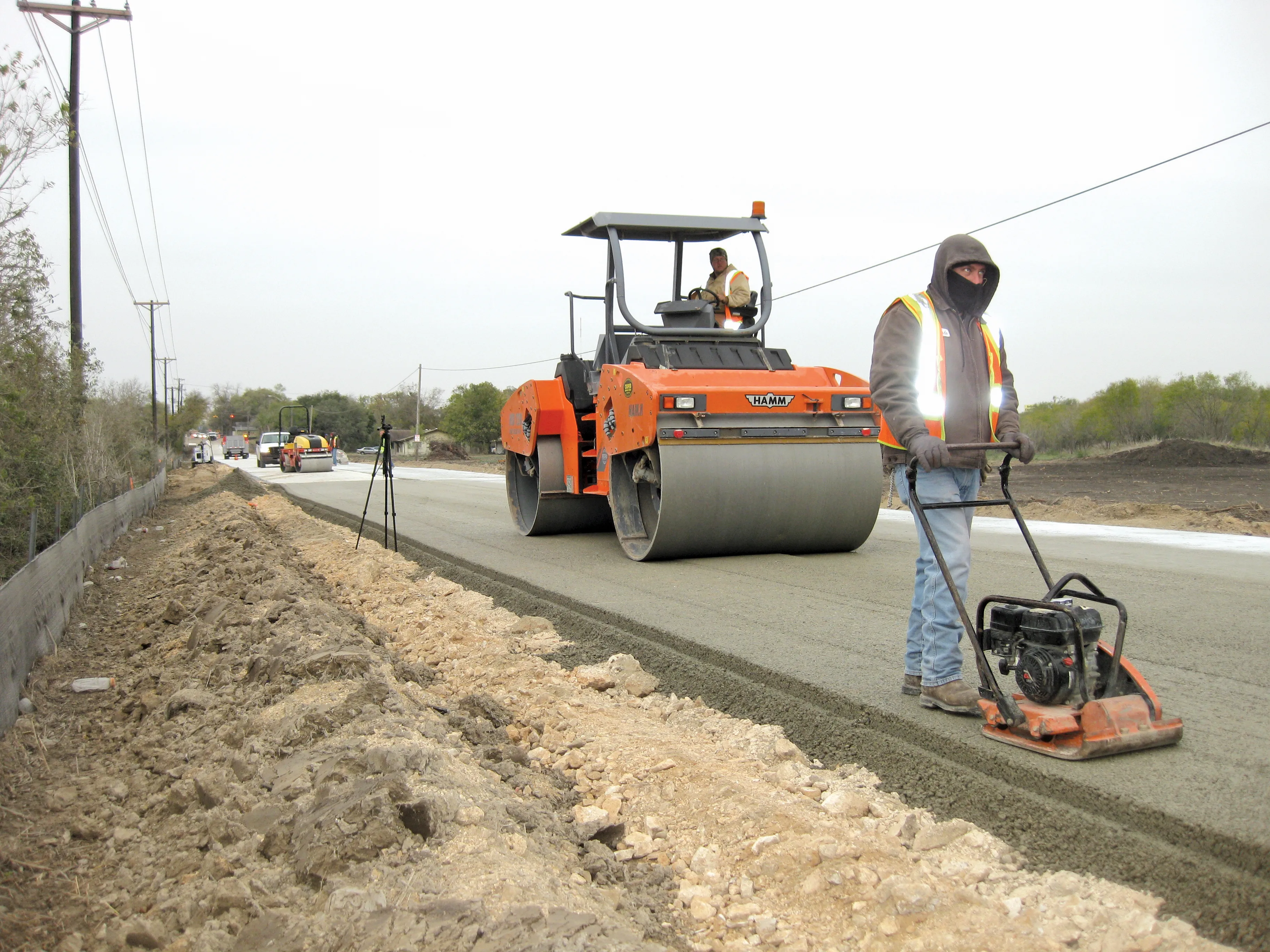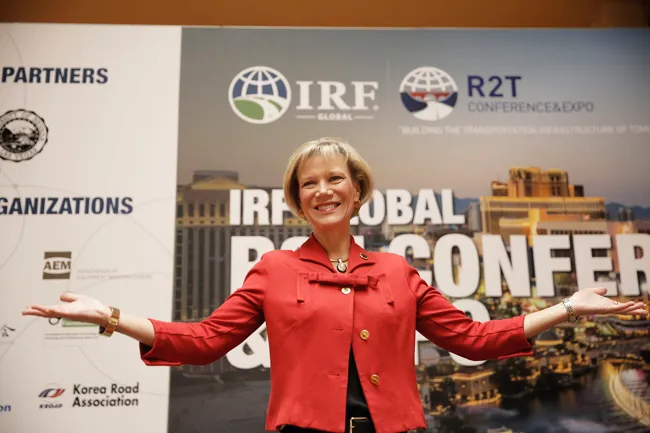ERF organises successful event on Roadside Safety in cooperation with Transport Research Board. On 11 April, more than 90 participants from different parts of the world gathered in Brussels to attend the 2nd European Workshop of the TRB’s AFB 20 (2) Subcommittee on Roadside Safety. Coordinated by the European Union Road Federation and held at the CEN premises, the event proved a huge success. According to Konstandinos Diamandouros, ERF Head of Office and coordinator of the event, the feedback received from
May 31, 2013
Read time: 4 mins
ERF organises successful event on Roadside Safety in cooperation with Transport Research Board
On 11 April, more than 90 participants from different parts of the world gathered in Brussels to attend the 2nd European Workshop of the TRB’s AFB 20 (2) Subcommittee on Roadside Safety. Coordinated by theAccording to Konstandinos Diamandouros, ERF Head of Office and coordinator of the event, the feedback received from the delegates was overwhelmingly positive. ‘Industry representatives and policymakers need to meet at least once a year in such venues in order to exchange opinions on the latest development in roadside safety and to see how efforts can be best optimised to keep on bringing down the number of people losing their lives needlessly on Europe’s roads.’
The event was opened by a presentation by George Kastarakis from DG Enterpise,
The first session was devoted to EN1317 on Vehicle Restraint Systems and provided participants with an update of the latest trends and developments in the Norm. Given the European Norms are always characterised by a constant degree of innovation, the EN1317 is currently undergoing a major revision that is expected to be approved by June 2014. Key topics that are currently under consideration are: new parameters to evaluate
performances; minimum information on installation manuals; definition of durability; revision of the concept of modified products; soil characterisation in the crash test area; specification of materials and the use of virtual testing.
The second session was dedicated to showcasing the latest innovations for Roadside Safety and how this can benefit road users. Amongst the highlights of this session were: the presentation of the European project SAVERS, which will produce much needed guidelines at
Following the lunch break, participants gathered back into the meeting room to hear presentations on the topic of Work Zones, Transitions and Terminals. Despite progress achieved during the last decade in bringing down the number fatalities, work zones remain a particular hazardous area both for incoming drivers and workers on the spot. Through the collection and analysis of current national regulations on work zones, the ERF Working Group on Work Zone Safety seeks to outline a pre-normative recommendation that will improve safety and induce some common rule across Europe. Other highlights of this session included: a country-specific approach to the issue of steel to concrete transition over time and a presentation on the co-effect of car velocity and mass on roadside design.
The fourth and final sessions was devoted to the topic of Forgiving Poles and Motorcycles Protection Systems. Motorcycle fatalities continue to represent a disproportionate percentage of overall deaths and, in this context, policymakers must make greater use of the solutions developed by the industry by installing motorcycle protection systems on standard guardrails. And while passive safety has been traditionally linked to road restraint systems, policymakers can further improve safety by making great use of forgiving street poles, especially in residential areas.
The meeting was closed by Mike Dreznes, executive vice president at the
‘Today’s event has shown how much can get done when we all physically meet together, have the opportunity to discuss and solve problems. We are happy to have been the driving force behind this event and look forward to our involvement in next year’s meeting’ concluded Nicodème.
The presentations of the event can be found on the dedicated ERF Website on Road Restraint Systems: %$Linker:








